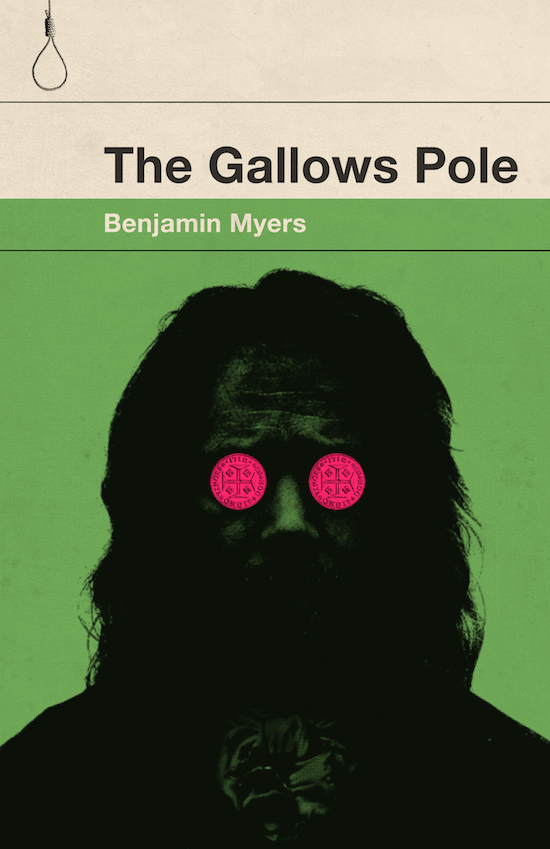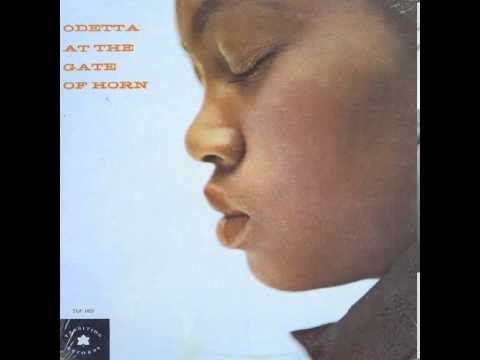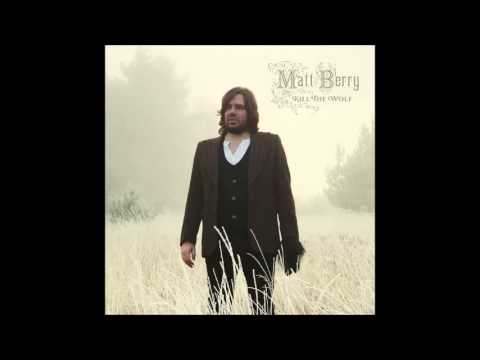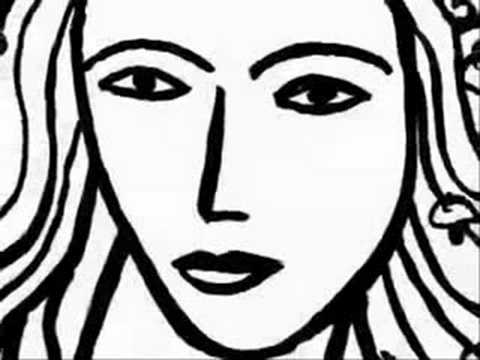The Gallows Pole is a novel inspired by a real gang of criminals who lived in the Upper Calder Valley of West Yorkshire in the 18th century shortly before the industrial age reshaped the landscape and lifestyles of a nations. They were the Cragg Vale Coiners and are every bit as important to the occultist history and narrative of this country as the tails of Beowulf, King Arthur, Robin Hood or Dick Turpin, but much less widely known. Theirs is as story of survival, enterprise, community, grand folly, rich versus poor, crime and class warfare. Some early reviews have mentioned comparisons to The Wire, Deadwood and The Sopranos had they been filmed in the windswept uplands of the Pennines.
It is also a walking novel. It was conceived, research and partly written on foot, at an average of 5 miles per day through woods and across moors around West Yorkshire. The real life protagonist of The Gallows Pole is ‘King’ David Hartley, a folk anti-hero who is prone to delusions of grandeur, extreme hallucinations featuring stag-headed men and supreme acts of cruelty and violence.
In the prose I hope to convey movement and drag the reader through the mud of the Pennines in the same way that film director Alan Clarke often had his characters always on the move – think of The Firm, Scum, Elephant or Made In Britain. I was aiming for a steadicam-style narrative, so some of my musical choices are included for their rhythmic or repetitive qualities, or perhaps because they evoke landscape. The title for the book came quite late in the day and was inspired by the traditional folk song ‘The Maid Freed From The Gallis Pole’, which was later recorded many times over as ‘The Gallows Pole’.
This playlist was put together during a very early draft of the book.
Odetta – ‘The Gallows Pole’
There are dozens of versions of this song but Odetta’s voice is a revelation, so dark and ominous but soothing too, and with a restraint and subtlety that Led Zeppelin’s more famous version lacks. The themes of the song – money, poverty, betrayal, execution – run alongside themes of the book too. A perfect fit.
Matt Berry – ‘Gather Up’
I can’t say I’m particularly a fan of the over-inflated thespian routine that Matt Berry seems to employ in all his TV characters, but the tone of this song matches that whcih I was aiming to achieve in the novel – a sort of haunted and ethereal earthiness, which draws on a limited vocabulary and heavy use of repetition. The Gallows Pole features the names of people and places repeated over and over again almost to absurd and annoying levels, in an attempt to induce a trance or evoke a rural reverie within the reader. Berry achieves that here by listing various indigenous plants and herbs in a song that is definitely a homage to a lot of the folk-horror films that I am also a fan of.
Donovan – ‘The Song Of The Wandering Aengus’
True music snobs seem to despise Donovan, and it is a hatred that I suspect is partly based on the humiliation he suffered at the hands of Bob Dylan in the biopic Don’t Look Back. But I’ve always gravitated towards the bands you’re not meant to like for that very reason – The Doors are another example – and though his hippy-dippy shtick can grate, actually Donovan did his own thing. This track was recorded for an album aimed at children and is an adaptation of a WB Yeats poem that is elemental and feverish. Set to music it is unnerving, beautiful, dream-like and stands knee-deep in the fast-flowing waters of some forgotten rural backwater: “And when white moths were on the wing / And moth-like stars were flickering out / I dropped the berry in a stream / And caught a little silver trout.”
Stealing Sheep – Not Real
Stealing Sheep have carved a sound of their own – intricate arrangements, amazing playing, perfect harmonies. They’re a rare band who actually sound better live than on record and somehow manage to find a common ground between futurist electro-pop and traditional folk music, with shades of Scouse psychedelia in there too. The last time I saw them play a friend who happens to be an amazing guitarist in a pretty successful band was utterly baffled as to how they were achieving certain sounds. I like their entire presentation: they’re an ideas band.
Winterfylleth – ‘The Divination Of Antiquity’
The musical equivalent of a raging moorland tempest, a storm twisting down a fecund gulch. Sometimes you have to unleash your inner black metal bastard.
Noel Coward – ‘The Stately Homes Of England’
An unexpected inclusion perhaps, but the flipside to the story of the rise of the Cragg Cale Coiners, who were uneducated peasants, weavers and landworkers, was their downfall, which was brought about by the intervention of one Lord Rockingham, former Prime Minister, and owner of the largest and most opulent house in England. As much as anything The Gallows Pole is a story about class divide and working class insurrection. I’m a big fan of Noel Coward (who was neither upper nor working class); his lyrics are acerbic, catty and often unapologetically offensive, and the way that certain songs such as ‘Mad Dogs And Englishmen’ scan and flow is not a million miles away from some of today’s hip-hop and grime and ‘There Are Bad Times Just Around The Corner’ could have been written for today.
‘The Stately Homes Of England’ perhaps encapsulates a Britain that very few of us will ever get to see though – that of mad toffs, clinging to old ideas and past glories, a life preserved in aspic. I’m quite fascinated by the landed gentry from an anthropological standpoint – those people with old money, as opposed to the tasteless nouveau riche, who think that style and taste can be bought.
Marmaduke Duke – ‘Blunder & Haggis’
This is just pure lo-fi electro malevolence, a piece of bad mood music created by Simon Neil from Biffy Clyro – the side of him that his day-job probably doesn’t reveal. I’m quite confident that it hasn’t been covered on The X-Factor.
Richard Dawson – ‘The Ghost Of A Tree’
Richard Dawson can do as much with his voice and the stamping of his feet than an entire orchestra. There’s a sense of confrontation and courage to what he does, and a timelessness to his lyrics, but also a lot of humour which is perhaps overlooked in the clamour dissect his output. It’s folk music delivered with a court jester’s sensibility. I often wonder who the legends of the future might be, those who transcend genre and era to stay the distance; people like Tom Waits, Leonard Cohen or John Martyn. I think Richard Dawson will one of them and ‘The Ghost Of A Tree’ is the closest sound to the stories in my head, a modern gothic novel set to minimal music that digs deep into our DNA as humans who once roamed the earth in small tribes.
Various – ‘Hanging Johnny’
I’d not heard this old sea shanty, traditionally sung a capella, until The Futureheads did a rendition on their Rant album a few years back. It’s a dark story about snapped necks, gibbets and nooses, and can I imagine it being sung as King David Hartley was lead from York Castle to Tyburn, where he was hung in front of a crowd of several thousand in 1770, and consequently hailed as a martyr by many.
The Memory Band – ‘When I Was On Horseback’
I don’t really know anything about The Memory Bank, nor how I even discovered their music, but their 2013 album On The Chalk (Our Navigation Of The Line Of The Downs) is another record whose feel, pace and atmospherics sits right. It’s heavily topographical, a flaneur’s collection that rolls along like clouds; foreboding and portentous one moment and then shot-through with blinding bursts of sunbeams the next. Also, I wanted to include a song that influenced a horseback riding scene in the novel.
Black Widow – ‘Come To The Sabbat’
I’ve a fascination for that period in the late 1960s and early 70s when a confluence of old and new ideas – mythology, literature, folklore, drugs, paganism, Satanism, sexual liberation, black magick and other esoteric practices – emerged and, for a short time, suggested a bold ‘anything goes’ direction for society. Out of that period so much good music emerged, such as this mock-baroque anthem by Leicester’s Black Widow. Like all good rock songs it borders on the ridiculous and with its Jethro Tull-inspired flutes and Brian Blessed-like satanic chant actually offered a gentle face of devil worship. Ah, England. What a stupid and brilliant place.
The Horse Loom – ‘Lie Here’
The Gallows Pole was partly written with the big screen in mind – it’s structure follows that of a film, and I knew that an imaginary soundtrack should include this. The Horse Loom is Steve Malley, who played guitar in a number of north-east bands including The Unit Ama, Kodiak and Crane, who were like Newcastle’s own Fugazi when I was a teenager. Now he plays very intricate and intimate guitar music that is part of the same lineage as Bert Jansch, John Renbourne and Nick Drake and, for me, captures something unspoken about the north of England. It’s very cinematic, timeless and technically dazzling, in a very understated and humble way.
Lead Belly – ‘The Gallows Pole’
It’s almost embarrassing the amount of white artists who have covered Huddie Ledbetter, and almost certainly always to greater financial reward. But along with Odetta, his is the only other version of ‘The Gallows Pole’ worth listening to.
The Gallows Pole is out now, published by Blue Moose







